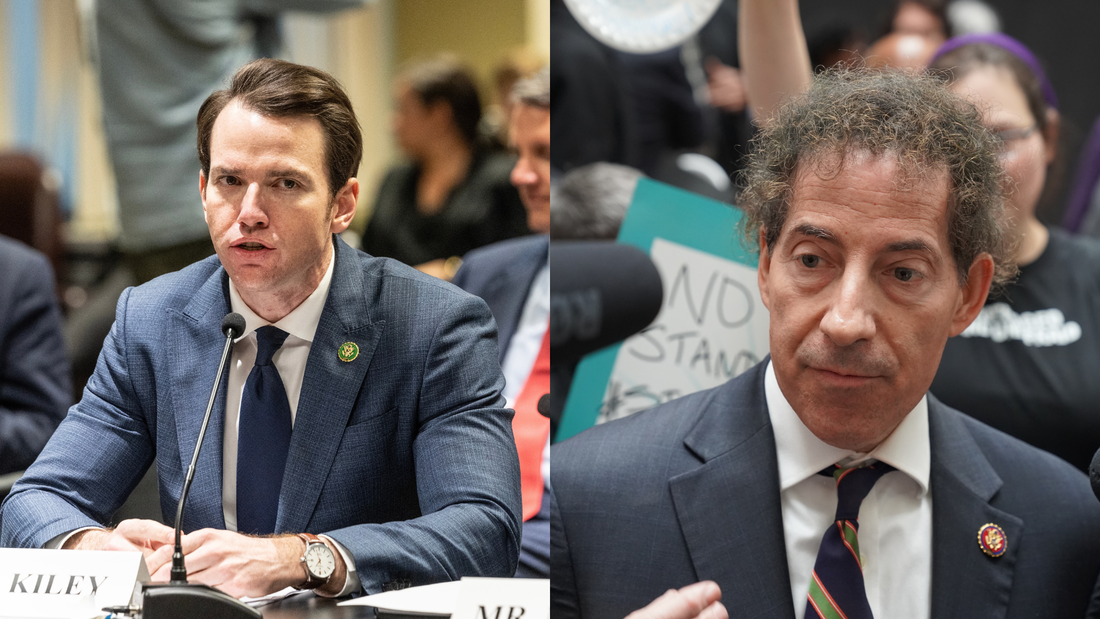|
The Protect Reporters from Exploitive State Spying, or PRESS Act, now has strong bipartisan support, with 20 co-sponsors. This milestone comes shortly after the bill received unanimous support from the House Judiciary Committee back in July.
The breadth of support for this measure is impressive. It was introduced by Rep. Kevin Kiley (R-CA) and Rep. Jamie Raskin (D-MD). Co-sponsors range from Rep. Darrell Issa (R-CA), to Rep. Ted Lieu (D-CA), from Rep. Ben Cline (R-VA) to Rep. Zoe Lofgren (D-CA), from Rep. Harriet Hageman (R-WY) to Del. Eleanor Holmes Norton (D-DC). They support one answer to the following question: Should the government be free to dig into the records, notes, phone logs and emails of journalists or subpoena them into federal courts to catch a leaker? Their answer is a resounding “no.” Perhaps it is no coincidence that many of the sponsors hail from California, which has strong laws that protect journalists, their notes and by implication, their sources. The California Constitution and the California Evidence Code, as interpreted by the California Supreme Court, are “shield laws” that give broad protection to journalists’ notes and sources. Throughout the Golden State, reporters, editors, publishers, and others employed by all forms of media are immune from being held in contempt for protecting “confidential sources” and “unpublished information,” including their notes. Every state has such a law except for Wyoming. The federal government does not. As events spin into overdrive in Washington, D.C., Congressional leaders in both parties are coming to see the wisdom of following California’s example and tempering government actions by protecting the ability of journalists to get the straight, inside skinny from whistleblowers. Whistleblowers need the assurance that the reporter with whom they speak in confidence cannot be compelled to betray their trust. The PRESS Act protects journalists and their sources. The PRESS Act establishes a federal statutory privilege shielding journalists from being compelled to reveal confidential sources. It would also block attempts to compel disclosure of account information from communications services used by reporters. This is a reasonable bill, one that would allow the breaking of this privilege only in extreme circumstances. During the last Congress, the House approved the PRESS Act with a bipartisan, unanimous voice vote. Rep. Kiley said: “As acknowledged by America’s founders, the freedom of the press to report on and disseminate information is critical to our republic. Our bipartisan legislation further codifies these First Amendment principles into law and will mitigate infringement upon the Constitution by the federal government.” The acceptance of shield laws by the states shows that the principles of the PRESS Act are popular. At a time when trust is scarce, wouldn’t it be refreshing to see federal leaders in both parties pass a popular measure that enhances freedom and holds government accountable? Comments are closed.
|
Archives
June 2024
Categories
All
|
ABOUT |
ISSUES |
TAKE ACTION |



 RSS Feed
RSS Feed